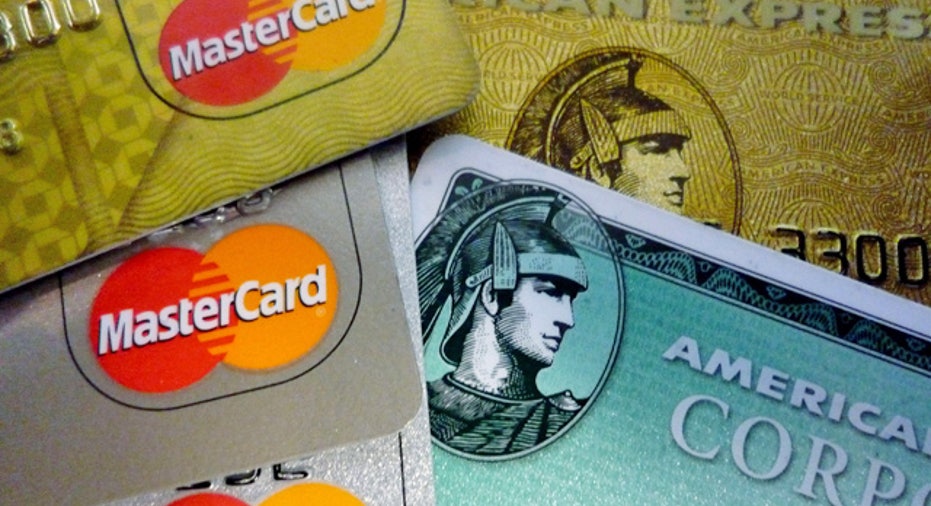The Path to Good Credit After College

Dear Opening Credits,
I do not have a credit card because I just graduated from college. I owe on student loans that I need to repay, but in the meantime I would like to get a credit card of my own and want to get a credit history so I can get a card.What do you think I should do? Would a prepaid card help me? Thanks for your thoughts.
-Vanessa
Dear Vanessa,
Congratulations! Did you know that only about a third of Americans have four-year college degrees? And now that you do, it's time you augment it with some real life lessons about money and credit. Here's my four-part, tuition-free course:
Session one: Get a credit card, not a prepaid card. The former will allow you to borrow money from a credit issuer, up to a set limit. A prepaid card is nothing more than a vessel that you load up with your own cash. No actual borrowing is involved, so your activity will not appear on a credit report. As you're just starting out,you'll probably need to get a secured, rather than an unsecured, credit card. Qualification is generally not too tough because you put a cash deposit down as collateral.
Session two: Understand the credit reporting process. Each time you apply for and open a credit account and then use it to make purchases, the company will notify the three major credit reporting bureaus (Trans Union, Equifax, and Experian) of your activity. Loans will also show up, which means your student loan is already being listed. It's your right and responsibility to keep an eye on your credit reports. Can check them for free once a year at AnnualCreditReport.com.
Session three: Know what credit scoring is. A company called FICO accesses the information on acredit report. They plug it into a formula, which generates a numerical score that lenders and other companies may use to make business decisions. Scores range from 300 to 850, and the higher your score, the better rates and terms lenders will likely offer you. The weightiest factor in a FICO score is payment history, followed quickly by the amount of debt you have in relation to the amount you can borrow. Types of credit in use, length of time you've had and used credit, and the number of times you've applied for credit are more minor considerations, but still important.
Session four: Charge responsibly! Use a credit card to your benefit, not your detriment, as so many do.To avoid leaning on your card when funds are tight, develop a budget that you can stick to. Then charge a couple of small purchases once a week or so. Set a personal debt ceiling, such as never owing more than $100 on the card for the month. Pay the entire bill the moment it comes in. As for those student loans,make sure you start paying them when you should. Apply for deferments and forbearances if you're unable to meet the payments. Whatever you do, don't let them default.
Got all that? Sure you do. It's really an easy "A" course. At least on paper it is...
Unfortunately, it's also pretty easy to forget the basics and use credit to your disadvantage. Do that and you'll rack up big balances and have to come up with high monthly payments that will throw your budget way off track. Interest and other fees will be added to what you owe, which will only worsen the problem. And if you really mess up -- by skipping a payment or allowing accounts to go into collections -- your credit reports and scores will suffer,making it harder to get good credit cards, inexpensive loans (like for a car)and even rent an apartment.
It's been wonderful having you asa student Vanessa -- now get out there and charge brilliantly!
More from CreditCards.com:



















